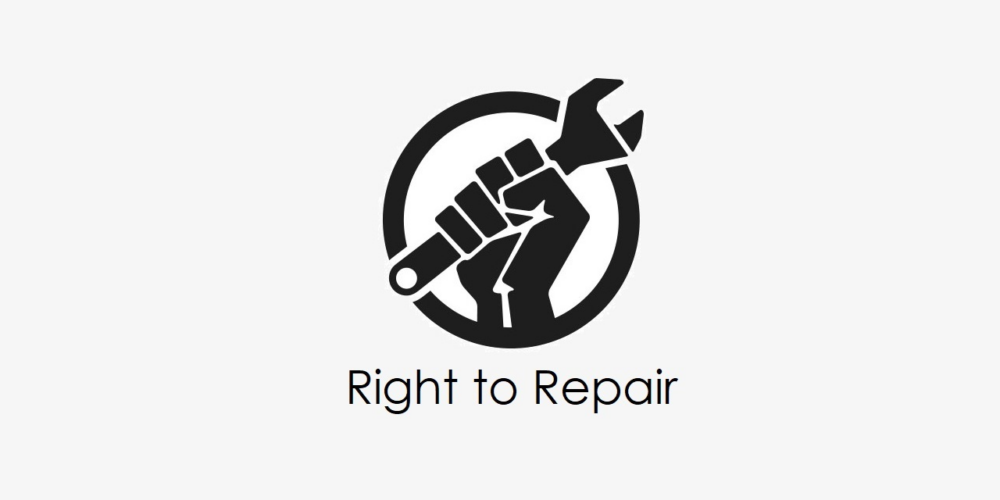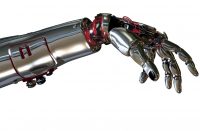Small business owners, farmers, tech enthusiasts, workers, and environmentalists are forming an unlikely alliance, fighting for the right to repair our own stuff. How did it get this way, and what is the Marxist perspective? In this article I will dig deeper into the “right to repair” movement.
Planned obsolescence
While proponents of capitalism often claim that this system leads to better products through innovation and competition, capitalist manufacturers found out early that it doesn’t make a lot of sense to make a product that lasts very long. Lightbulbs were one of the first examples of this: it has always been possible to make a lightbulb that lasts years or even decades, but it wouldn’t be very good business if customers only bought only a few lightbulbs in their lives. Thus, planned obsolescence was born, and lightbulbs were made with thinner filaments that didn’t last as long.
A development following from this was manufacturers locking down repair information and parts for their products. Repairs and replacement parts can often be an important revenue stream for manufacturers for long after the initial product has already been sold. This is problematic for small independent business and repair shops, as they will be unable to help customers due to a lack of information. And if someone purchases a new product because their old one can’t be repaired, it’s even more profit for the manufacturer.
John Deere
It’s important for farmers to be able to repair their own equipment, or at least have it fixed locally. They are often in remote locations, and require their equipment to work well at the right time to ensure a good harvest. Unfortunately John Deere has locked down repair of their tractors, requiring special software to authorise the new parts. As a result, farmers and small repair shops have turned to hacked firmware just to be able to repair their own tractors.
Apple
In 2001, Apple released the portable music player, the iPod. Apart from having a hard drive capable of storing 1,000 songs, it also had a battery that could not be replaced. A couple years later brothers Van and Casey Neistat released the short film iPod’s Dirty Secret, with the slogan “iPod’s Unreplaceable Battery Lasts Only 18 Months”. It shows a conversation they had with Apple’s Customer Support about replacing the battery, which they asked 250$ + shipping for, and the recommendation to just buy a new iPod.
Despite the backlash, Apple has made their products even less repairable than before. Where previously repair shops or savvy users were able to replace the storage drives and memory of Apple laptops relatively easily, these are now soldered to the motherboard or included in a system-on-a-chip module. Apple’s “AirPods” headphones are not repairable at all: the parts are glued into a plastic shell that is impossible to open without breaking the product. Perhaps as a result, Apple made $12.1 billion USD in revenue on AirPods alone in 2021.
Capitalism
Currently, campaigns such as repair.eu as well as farmer and repair shop organisations are pushing to legally protect the right to repair. This is certainly helpful, as are individual efforts to repair our stuff instead of buying something new. But as long as companies are incentivised to do so, they will keep making their products difficult to repair and easy to break. This wastes resources and labour, is bad for the environment, and often results in objectively worse products. Products made in East Germany, which had a shortage of resources and no capitalist profit incentive, didn’t have this issue and famously lasted incredibly long. Perhaps it’s time to move to a new economic system that creates products for the good of the people instead of the profits of the ruling class.






